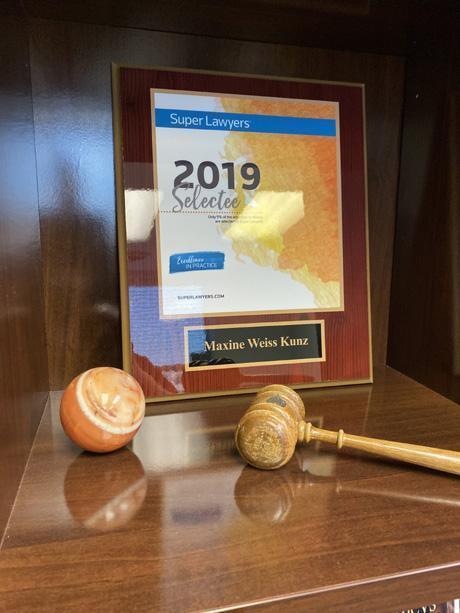116 N. York Street, 3rd Floor, Elmhurst, IL 60126
 312-605-4041
312-605-4041
An Overview of Illinois Orders of Protection
 An order of protection, also known as a restraining order, is filed when one individual feels threatened by the other and/or has experienced abuse. They are meant to keep you safe and out of harm's way.
An order of protection, also known as a restraining order, is filed when one individual feels threatened by the other and/or has experienced abuse. They are meant to keep you safe and out of harm's way.
According to the 750 Illinois Compiled Statute 60/, Orders of Protection, an order of protection may be filed by:
- An individual who has been abused by a family or household member, or by an individual on behalf of a minor child or adult who has been abused by a family or household member and because of age, health, or mental or physical disability cannot file.
- A foster parent, legal guardian, or adoptive parent of that child if the child has been placed in the foster parents' home by the Department of Children and Family Services or by another foster child agency.
Orders of protection are often issued during or just prior to the filing of a divorce, a child custody dispute, or as a result of domestic battery charges.
Different Types of Orders of Protection
There are three different types of orders of protection in Illinois, emergency orders of protection, interim orders of protection, and plenary orders of protection.
- An emergency order of protection is meant to cover the period before a respondent can be given the court order.
- An interim order of protection covers the period between the filing of the order and the final hearing on the details of the case.
- A plenary order of protection is the final order(s) the court gives after a full and detailed hearing.
Getting Your Order of Protection Approved
Illinois courts will grant an order of protection if the petitioner proves three elements:
- The petitioner (or a protected party on whose behalf the petition has been filed) is a “family or household member” of the respondent.
- That the respondent has “abused” the petitioner (or a protected party).
- That the court has jurisdiction to hear the case.
If an order of protection is approved, the respondent is permitted from further threats or abuse, not allowed in specific locations such as the petitioner's home, school, or work, and prohibited from carrying out additional actions stated within the order or based on the case.
Violating a court order of protection can result in criminal charges including immediate arrest.
Contact a Skilled DuPage County Family Attorney Today
Whether you are filing an order of protection because of a divorce or child custody dispute, it's important to consult an attorney at Weiss-Kunz & Oliver, LLC, before doing so. We will keep you and your child's best interest in mind while we provide defensive representation in a timely matter so you and your child do not receive or experience additional threats or abuse. Contact a skilled Elmhurst family law attorney at 312-605-4041 for assistance.
Source:
http://www.ilga.gov/legislation/ilcs/ilcs5.asp?ActID=2100&ChapterID=59




















